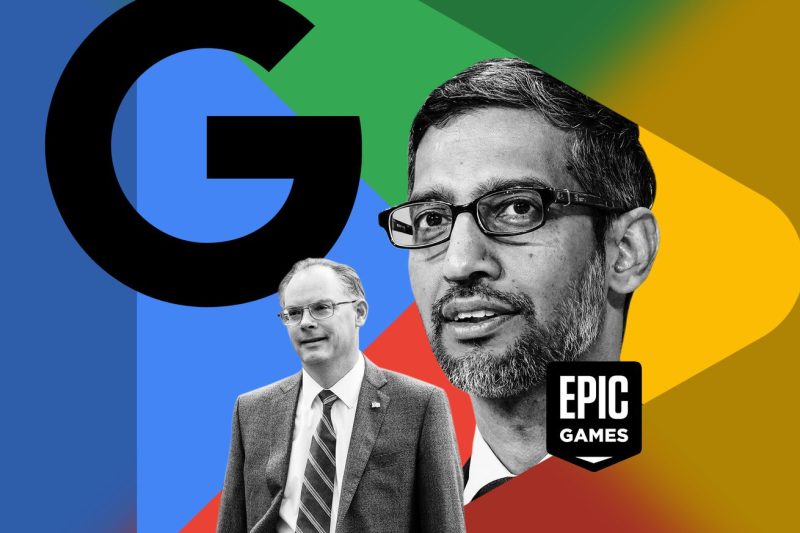
Fornite Court Showdown: 5 Epic Lessons from Epic v. Google Battle
The legal battle between Epic Games and Google, ignited by Epic’s bold move to introduce its own in-app payment system in the Fortnite game, has dominated headlines and piqued the interest of gamers worldwide. This clash of giants in the tech and gaming industries has revealed several crucial insights about the dynamics of power, competition, and innovation in the digital realm.
First and foremost, the conflict underscores the immense influence and control that tech giants like Google wield over developers operating within their platforms. Google’s decision to swiftly ban Fortnite from the Play Store after Epic’s payment system violation exemplifies the unilateral power these platforms have in shaping the ecosystem in which developers operate. This move not only highlighted Google’s market dominance but also raised concerns about the fairness and transparency of app store policies.
Epic’s strategic maneuver to challenge Google’s app store policies by implementing its payment system signaled a bold stance against the status quo in the industry. By circumventing Google’s 30% commission on in-app purchases, Epic aimed to empower developers and assert its independence from the platform’s regulations. This move sparked a debate about the need for fairer revenue-sharing models between app stores and developers, leading to calls for greater transparency and flexibility in these arrangements.
Moreover, the legal confrontation between Epic and Google illuminated the complex interplay between competition and collaboration in the digital marketplace. While both companies are fierce competitors in the gaming and tech sectors, their symbiotic relationship as partners in distributing Fortnite on the Play Store complicates the narrative. The clash between Epic and Google exposed the inherent tensions that arise when companies navigate between competing and cooperating within the same ecosystem.
Furthermore, the legal battle shed light on the growing importance of antitrust regulation and oversight in the tech industry. As tech giants like Google face mounting scrutiny over their market power and alleged anticompetitive practices, the Epic v. Google case serves as a potent reminder of the need for robust regulatory frameworks to ensure fair competition and protect consumer rights in the digital age. The outcome of this legal dispute could set a precedent for future cases involving tech platforms and developers.
In conclusion, the Epic v. Google legal showdown in the Fortnite court has provided valuable lessons about the intricacies of power dynamics, competition, and innovation in the digital landscape. As tech companies continue to jockey for dominance and navigate complex relationships within the app economy, the implications of this conflict extend far beyond the courtroom, shaping the future of digital commerce and platform governance. This case serves as a stark reminder of the evolving challenges and opportunities that lie ahead as the tech industry grapples with issues of regulation, competition, and collaboration in an increasingly interconnected world.
